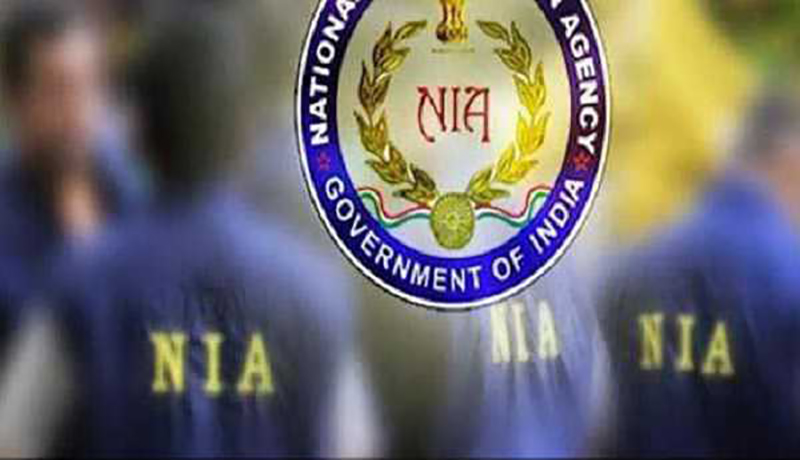NIA establishes Chennai link to Rameshwaram Cafe blast in Bengaluru

Bengaluru/UNI: The National Investigation Agency (NIA) has obtained crucial leads regarding the Bengaluru cafe bomb blast that occurred on March 1, resulting in injuries to at least 10 individuals.
This central investigative agency has successfully established a connection between the Bengaluru blast and activities in Chennai.
After meticulous scrutiny of over 1,000 CCTV footage recordings and a persistent investigation, NIA officials have identified two suspects.
It has been revealed that these individuals resided in Chennai during the months of January and February. Crucial evidence was discovered through a cap worn by one of the suspected bombers, which was purchased from a mall in Chennai.
Originating from Thirthahalli in Karnataka's Shivamogga district, the suspect, identified as Mussavir Hussain Shazib, had been residing in Chennai for over a month since January.
Meanwhile, his accomplice, Abdul Mateen Taha, who is wanted for the murder of Tamil Nadu Inspector K Wilson, purchased the cap at RK Salai Mall in Chennai. Investigations suggest that both individuals stayed in Triplicane, Chennai, for an extended period exceeding one month.
Taha is also a native of Thirthahalli and is part of the ISIS module in Shivamogga.
He used to always wear a cap when he was bald. He had bought it while staying at a lodge in Triplicane. The suspected bomber was wearing the same cap on the day of the blast. These caps are a limited edition series, and there were 400 of them sold.
The NIA sleuths found CCTV footage that showed Taha buying the cap from Anna Salai Mall in Chennai. This cap was left by the bomber a few kilometres away after bombing at Rameshwaram Cafe.
The investigating officers tracked the cap to Chennai after going through the serial number on the cap, which was purchased at the end of January. It was then that information was obtained about Taha and Shazib being wanted by the NIA in the 2020 case.
The National Investigation Agency (NIA) filed a supplementary chargesheet against an Islamic State terrorist in the Al-Hind module case at the NIA special court in Bengaluru on September 3, 2021.
The charge sheet was filed against the accused, Shihabudeen, under various sections, including Section 120b of the Indian Penal Code (IPC), Section 25(1) of the Arms Act 1959, and Sections 18, 20, 38, and 39 of the Unlawful Activities (Prevention) Act 1967.
The case was initially registered at Sadduguntepalya police station in Bengaluru against Mehboob Pasha and 16 others in 2020.
Accused Mehboob Pasha, a resident of Gurappanapalya in Bengaluru, allegedly collaborated with Khaja Moideen, who is accused in several cases registered in Tamil Nadu related to terrorism and the murder of Hindu leaders. Together, they are said to have formed a terrorist group by recruiting young Muslims in South India.
The National Investigation Agency (NIA) re-registered the case on January 23, 2020, and initiated an investigation into the matter.
The investigation uncovered that Shihabudeen was involved in a larger conspiracy.
Under the directives of Khaja Moideen, he allegedly collected and delivered arms and ammunition in Mumbai to other accused individuals. These weapons were purportedly utilized in the murder of SSI Wilson of the Tamil Nadu police force.




